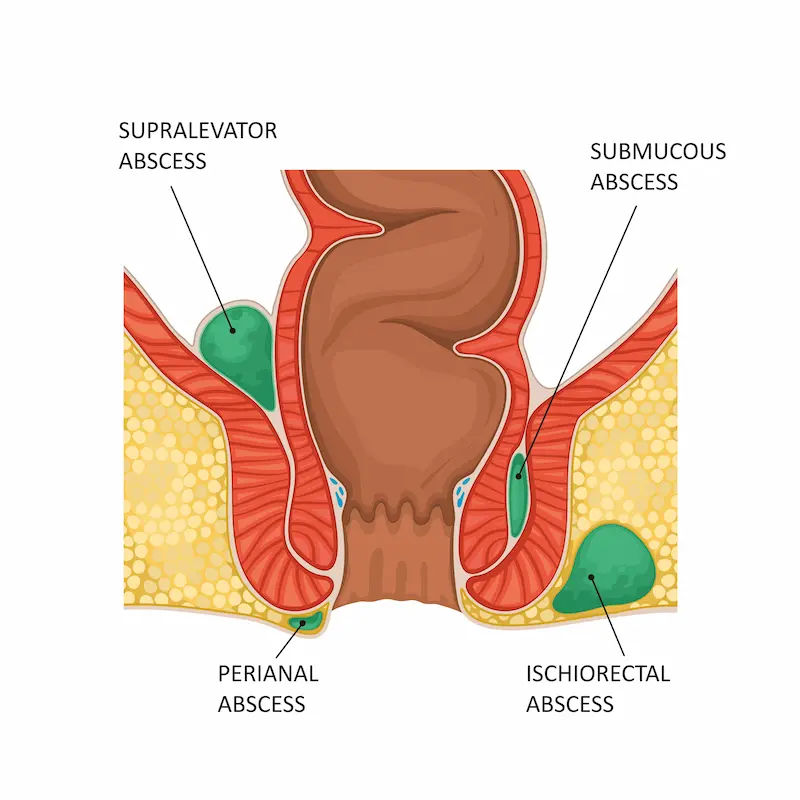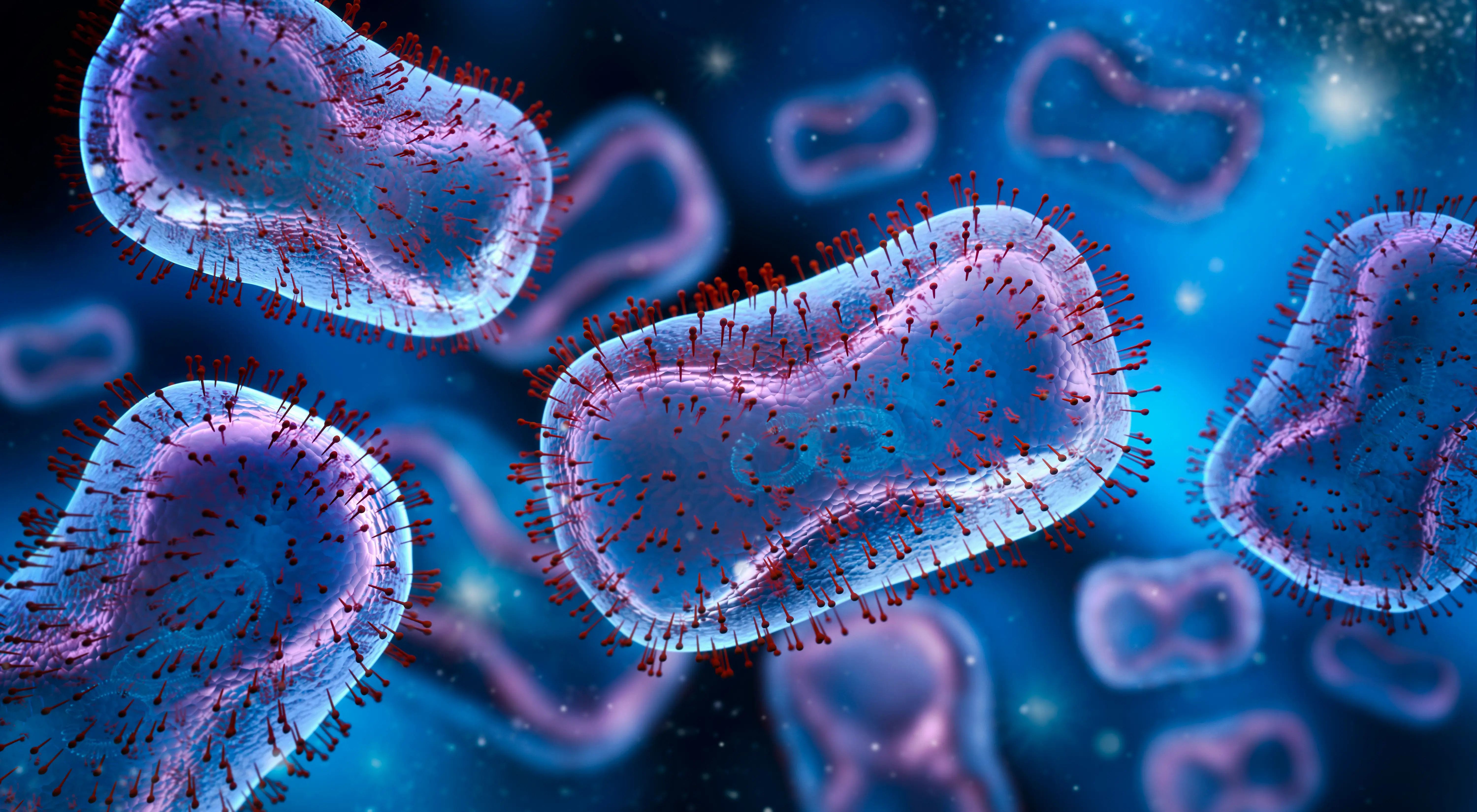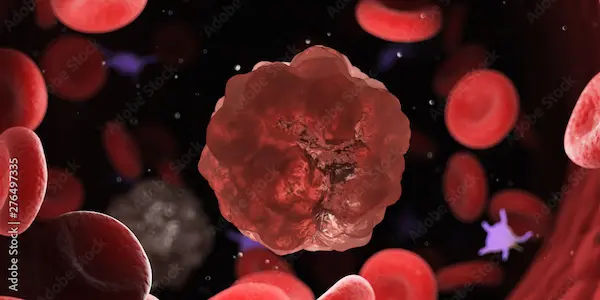Vaginal Yeast Infection Treatment Options
Looking to boost your fertility naturally? Learn effective lifestyle tips, diet changes, and medical treatments to improve reproductive health and increase your chances of conceiving.


Dealing with a vaginal yeast infection can be uncomfortable and frustrating, but the good news is that it’s a common and treatable condition. If you're experiencing itching, burning, or unusual discharge, you're not alone many women face this issue at some point in their lives.
In this article, we’ll discuss what a yeast infection is, its symptoms, causes, and most importantly, the best treatment options available. We’ll also share some helpful tips to prevent future infections.
What Is a Vaginal Yeast Infection?
A vaginal yeast infection (also called vaginal candidiasis) is caused by an overgrowth of a fungus called Candida albicans. Normally, this fungus lives in small amounts in the vagina, but when it grows too much, it leads to an infection.
Common Symptoms
These are some of the common:
- Itching and irritation in and around the vagina
- Thick, white, odorless discharge (often resembling cottage cheese)
- Burning sensation during urination or sex
- Redness and swelling of the vulva
If you notice these symptoms, it’s best to seek treatment to relieve discomfort and prevent complications.
What Causes Yeast Infections?
Several factors can lead to an imbalance in vaginal bacteria and yeast, including:
- Antibiotics: They kill good bacteria that keep yeast in check.
- Hormonal changes: Pregnancy, birth control pills, or menstruation can increase yeast growth.
- Weak immune system: Conditions like diabetes or HIV can make infections more likely.
- High sugar intake: Yeast thrives on sugar.
- Tight or damp clothing: Wearing wet swimsuits or synthetic underwear for too long can create a breeding ground for yeast.
Effective Treatment Options
The good news is that yeast infections can be treated effectively with medications and home remedies. Here are the most common options:
1. Over-the-Counter (OTC) Antifungal Medications
Most yeast infections can be treated with antifungal creams, ointments, or suppositories available at pharmacies without a prescription. Common brands include:
- Clotrimazole (Canesten, Gyne-Lotrimin)
- Miconazole (Monistat)
- Tioconazole (Vagistat)
These treatments come in different forms 1-day, 3-day, or 7-day courses. While the 1-day treatment is convenient, the longer courses may be gentler on sensitive skin.
2. Prescription Oral Medication
If OTC treatments don’t work or your infection keeps coming back, your doctor may prescribe:
- Fluconazole (Diflucan) – A single-dose pill that clears the infection quickly.
3. Home Remedies & Natural Treatments
Some women find relief with natural remedies, though these should not replace medical treatment for severe infections.
- Probiotics: Eating yogurt with live cultures or taking probiotic supplements can help restore healthy bacteria.
- Boric acid suppositories: Effective for recurrent infections, but should only be used under medical supervision.
- Coconut oil: Has antifungal properties; apply a small amount externally for soothing relief.
Consult Top Doctors
- Avoiding irritants: Skip scented soaps, douches, and tight synthetic underwear.
Preventing Future Yeast Infections
To reduce the chances of another infection, try these healthy habits:
- Wear breathable cotton underwear: Avoid tight synthetic fabrics that trap moisture.
- Change out of wet clothes quickly: After swimming or exercising, change into dry clothes.
- Limit sugar and refined carbs: Yeast thrives on sugar, so a balanced diet helps.
- Avoid unnecessary antibiotics: Only take them when prescribed and necessary.
- Practice good hygiene: Wash with mild, unscented soap and water, no douching!
When to See a Doctor
While most yeast infections can be treated at home, consult a doctor if:
- Symptoms don’t improve after OTC treatment
- You experience severe pain, swelling, or sores
- You have recurrent infections (4 or more per year)
- You’re pregnant or have a weakened immune system
If you're unsure about your symptoms or need expert advice, you can book a consultation with a gynecologist on Apollo 24|7 for personalized care.
Conclusion
Vaginal yeast infections are common and treatable. With the right medication and preventive care, you can find relief and reduce future occurrences. Remember, if symptoms persist or worsen, don’t hesitate to seek medical help.
Consult Top Doctors
Consult Top Doctors

Dr. Mona Yadav
Obstetrician and Gynaecologist
19 Years • MBBS, MD (Obstetrics & Gynaecology)
Dombivli
Nulife multispeciality, Dombivli

Dr. Parul Sharma
Obstetrician and Gynaecologist
8 Years • MBBS, MS (Obstetrics & Gynaecology)
New Delhi
THE DOCTORS NESST, New Delhi

Dr. Asha Rani Singh
Obstetrician and Gynaecologist
24 Years • MBBS DGO
Delhi
Dr Asha Rani Singh Clinic, Delhi

Dr. Shyamala Devi
Obstetrician and Gynaecologist
38 Years • MBBS, MS Obstetrics & Gynaecology
Vijayawada
Sri Shivshakti Nilayam, Vijayawada
Dr. K Anusha
Obstetrician and Gynaecologist
4 Years • MBBS, DGO
Yemmiganur
SRINIVASAA HOSPITAL, Yemmiganur
Consult Top Doctors

Dr. Mona Yadav
Obstetrician and Gynaecologist
19 Years • MBBS, MD (Obstetrics & Gynaecology)
Dombivli
Nulife multispeciality, Dombivli

Dr. Parul Sharma
Obstetrician and Gynaecologist
8 Years • MBBS, MS (Obstetrics & Gynaecology)
New Delhi
THE DOCTORS NESST, New Delhi

Dr. Asha Rani Singh
Obstetrician and Gynaecologist
24 Years • MBBS DGO
Delhi
Dr Asha Rani Singh Clinic, Delhi

Dr. Shyamala Devi
Obstetrician and Gynaecologist
38 Years • MBBS, MS Obstetrics & Gynaecology
Vijayawada
Sri Shivshakti Nilayam, Vijayawada
Dr. K Anusha
Obstetrician and Gynaecologist
4 Years • MBBS, DGO
Yemmiganur
SRINIVASAA HOSPITAL, Yemmiganur




